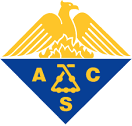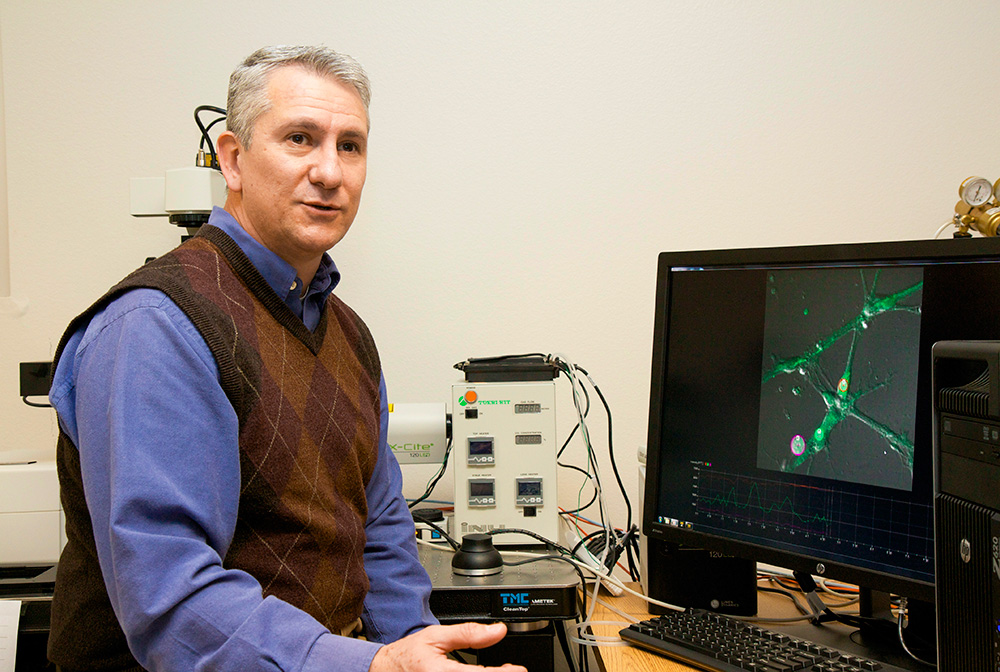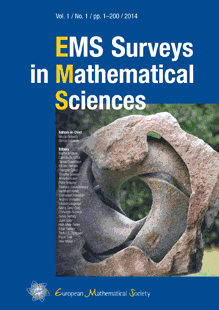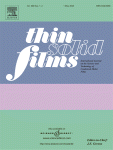 Two journals have retracted five recent papers by a researcher in Saudi Arabia after discovering extensive overlap, which one journal called plagiarism.
Two journals have retracted five recent papers by a researcher in Saudi Arabia after discovering extensive overlap, which one journal called plagiarism.
In one retracted paper, all schemes and figures are copies from other publications; in another, more than half of the figures are lifted. The journal that retracted the other three papers did not provide details about the nature of the overlap.
All five retracted papers—originally published within the last 15 months—have the same corresponding author: Soliman Mahmoud Soliman Abdalla, a professor of physics at King Abdulaziz University in Jeddah, Saudi Arabia.
According to a spokesperson for Polymers, readers flagged two papers in July 2017; both were retracted in August.
The spokesperson for Polymers told us that the journal ran the papers through the plagiarism detection software, iThenticate, but found “no significant levels of copied text.” The journal says it missed the overlap because:
Continue reading Author loses five recent papers for copying multiple figures, unspecified “overlap”
 A researcher has retracted a 2009 chemistry paper after discovering that a figure had been “inappropriately edited.”
A researcher has retracted a 2009 chemistry paper after discovering that a figure had been “inappropriately edited.” 


 Both editors of a math journal have resigned over the decision to publish a controversial paper, which was apparently made without consulting the editorial board.
Both editors of a math journal have resigned over the decision to publish a controversial paper, which was apparently made without consulting the editorial board. 
 The presence of allegedly obvious manipulations in
The presence of allegedly obvious manipulations in 

